
Tips for our spirited toddlers
1. Run ‘em out Spirited toddlers have more energy to burn and when they are able to release that extra…
[cat_cust_menu]

1. Run ‘em out Spirited toddlers have more energy to burn and when they are able to release that extra…

Early Childhood Education at home is good for our kids –why are we saying it’s not? Parents of young children…
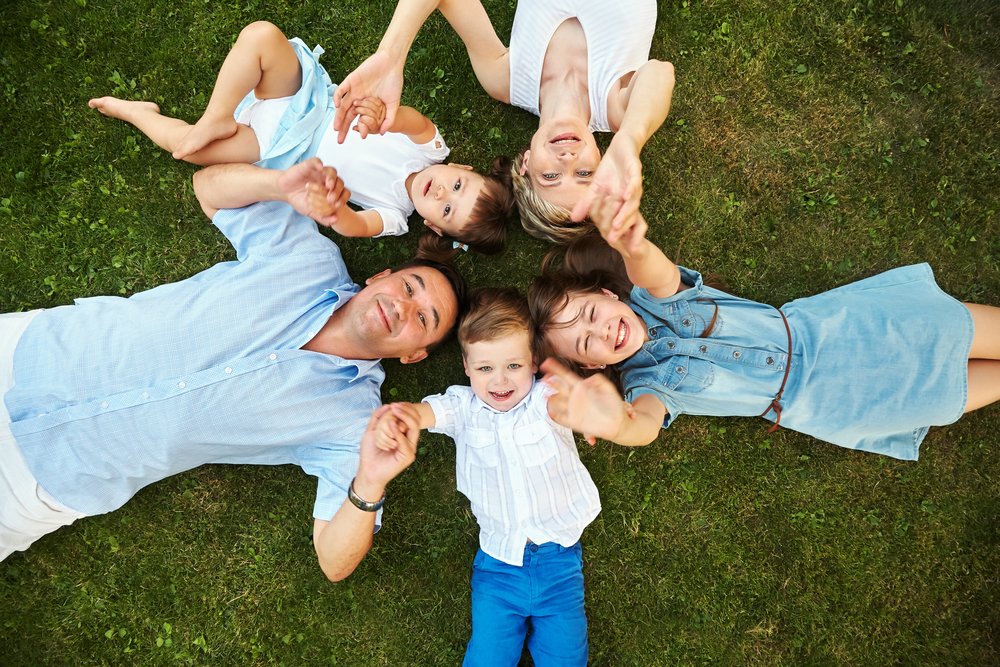
Key points: Authoritative parenting combines warmth and limits, using positive reinforcement and reasoning instead of harsh punishments. Key differences between…
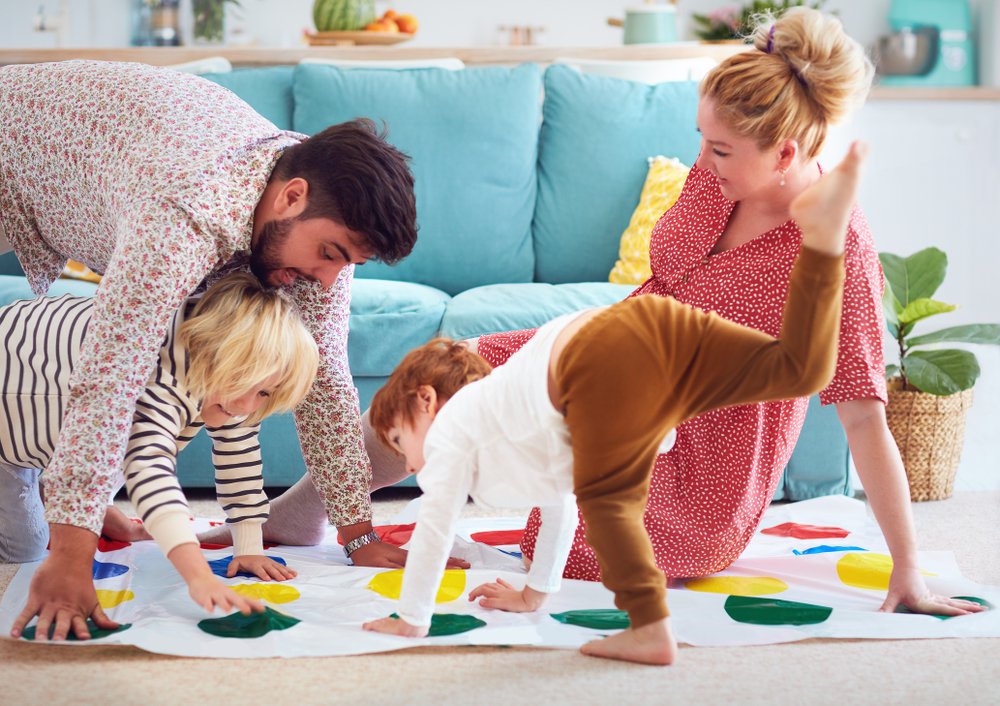
Key points: The majority of a child’s brain development occurs before age three. Brain architecture results from both nature and…
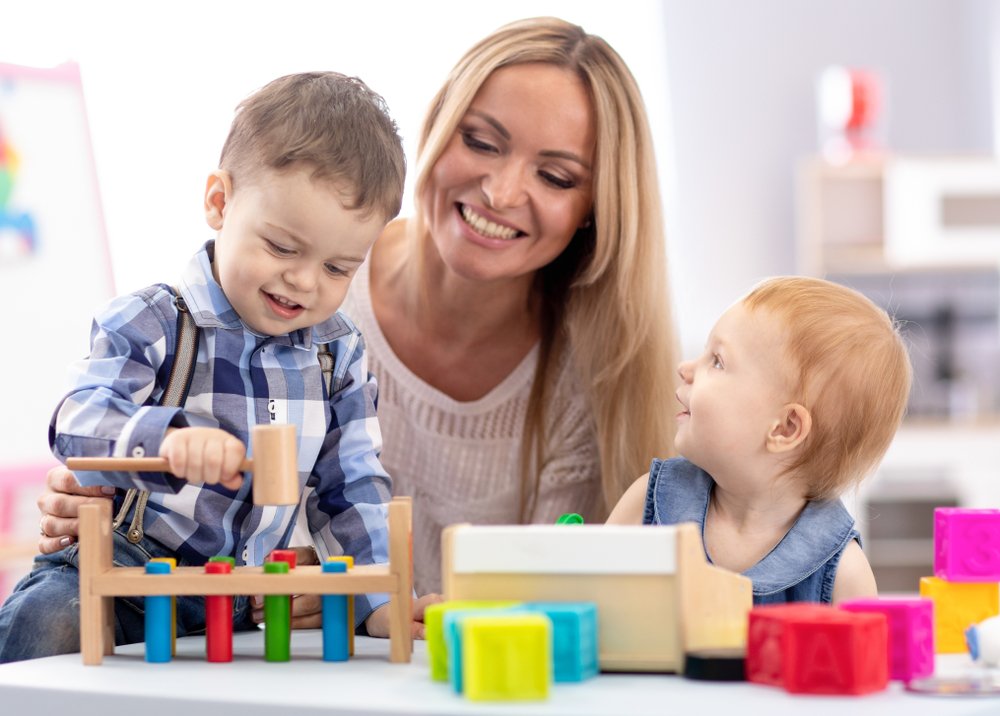
Key points: Executive function involves working memory, self-control, and mental flexibility. It starts developing in early childhood through cognitive, physical,…

Find tips and tricks for supporting your child’s development from home. There’s a lot of information to process right now….

Key points: Siblings of children with special needs may be overlooked due to the focus on therapy and appointments. Special…

Key points: Less is more: Set 1-3 resolutions for kids, use visuals, like a responsibility chart. Ensure consistency across environments….
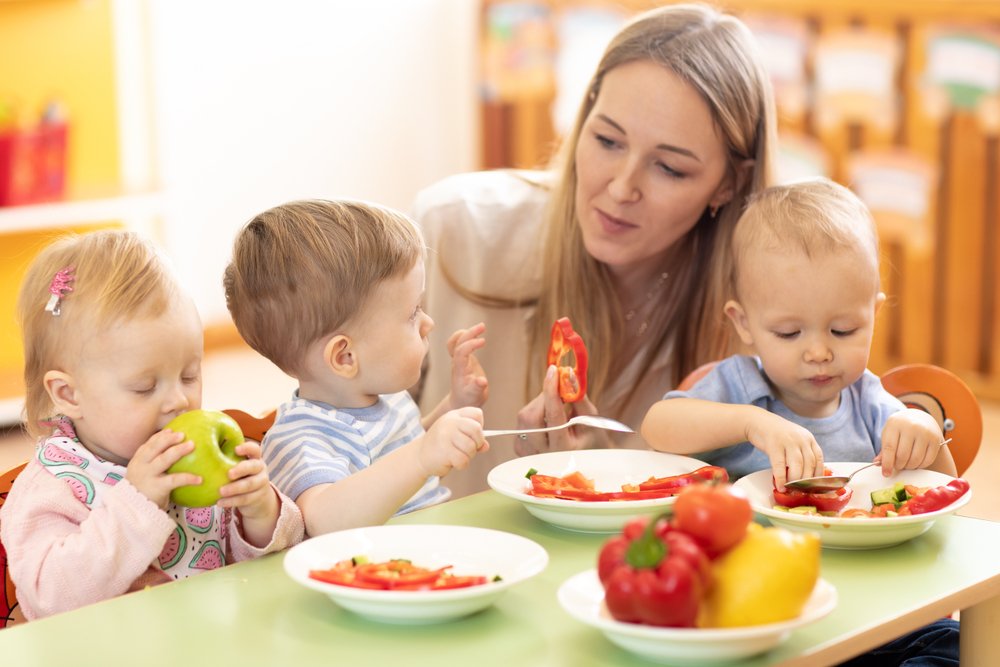
Introducing solids to a baby is very exciting. And since we use the same parts of our mouth for eating…

Key points: Play is an excellent way for children to learn, and wooden toys are a great option for open-ended,…
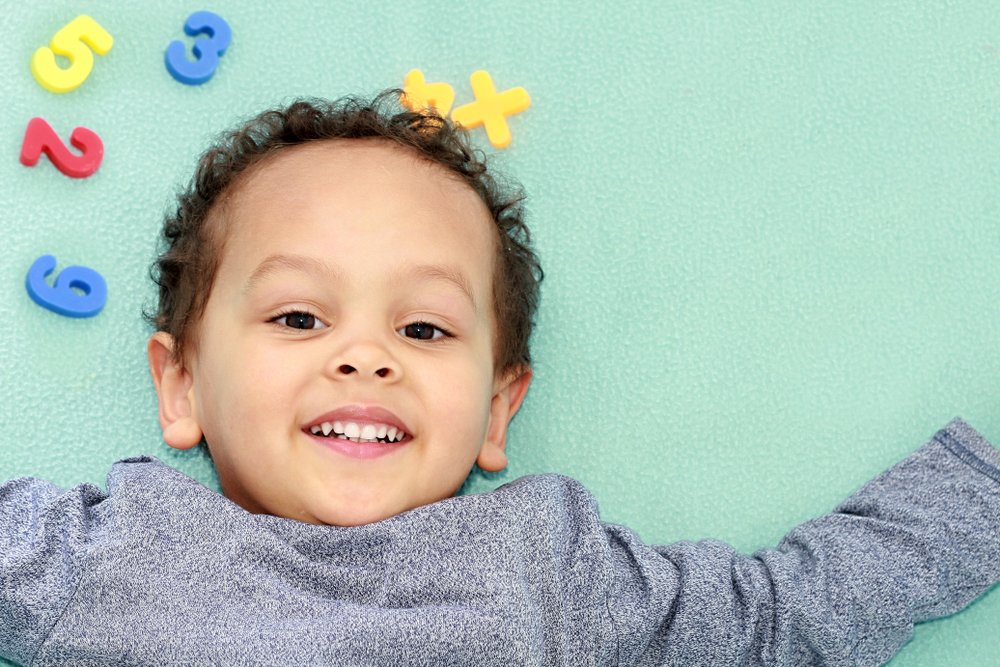
Key points: Children at this stage have developed basic math skills and are starting to understand the concepts of parts…
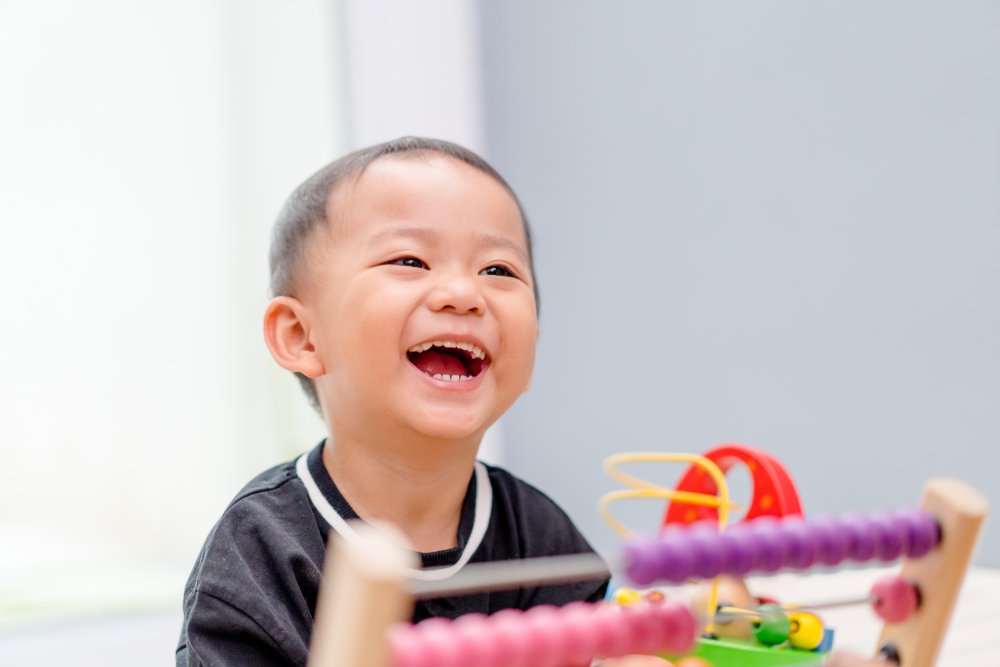
Key points: Children develop number awareness by recognizing numbers, understanding how counting works, and learning one-to-one correspondence. Sorting and classifying…
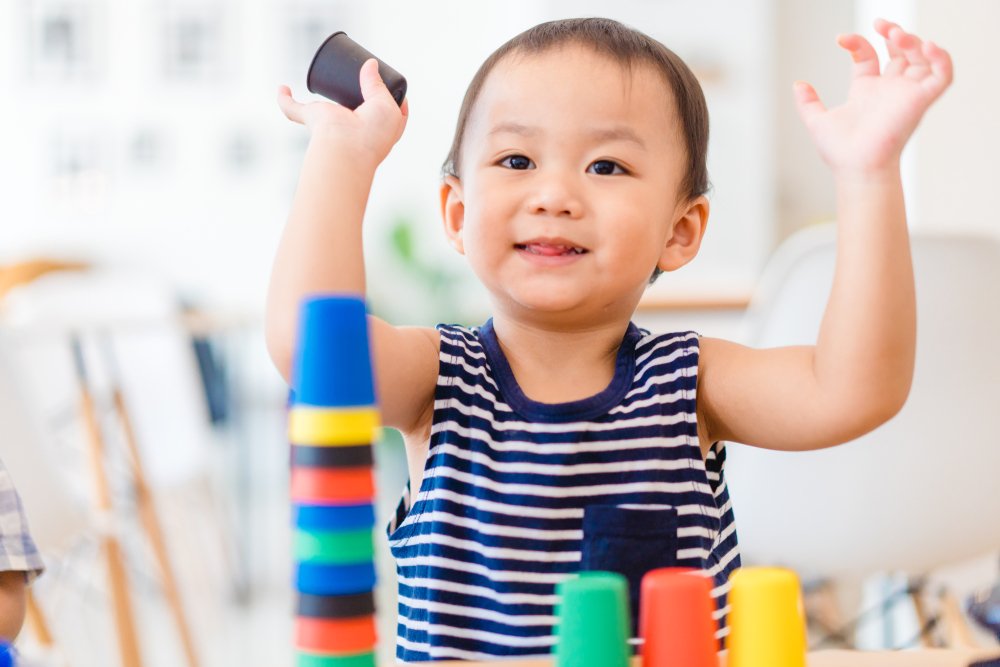
Key points: Early mathematical concepts in children are developed through their routines, experiences, and interactions with their environment and caregivers….

Key points:1. Babies start developing math skills from birth, recognizing quantities and patterns.2. Early math concepts like “more” and “enough”…

Key points:1. Walking is a significant step toward independence for your child.2. As they become more mobile, they develop curiosity…

Key points:1. Learning to walk typically takes around 12 months, as many skills and muscles need to develop first.2. Strong…
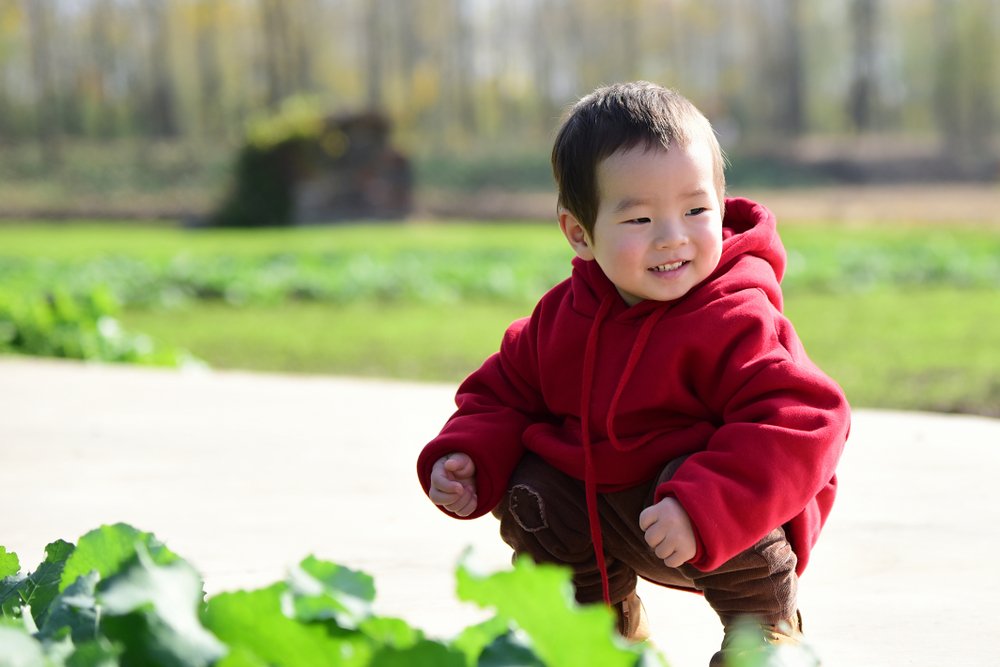
Key points:1. By 12-14 months, your baby can go from standing to squatting, showcasing balance.2. They develop neck muscles to…

Key points:1. Your baby can stand while holding onto objects between 10-12 months.2. They’ll briefly stand with your help, enhancing…
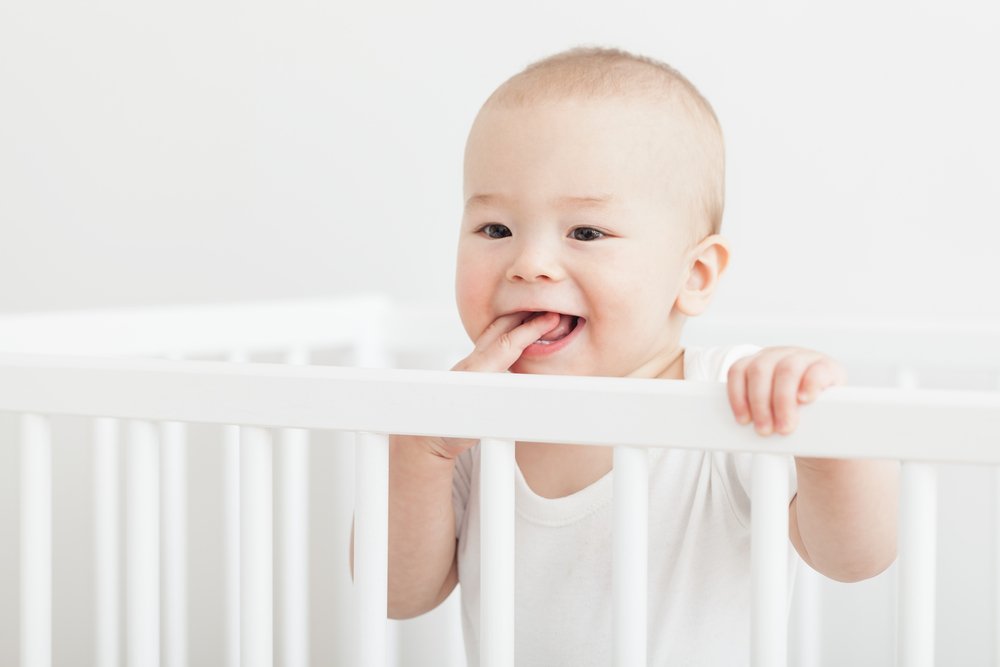
Key points:1. Standing up is a key physical milestone that typically occurs between 9 and 14 months.2. It involves various…
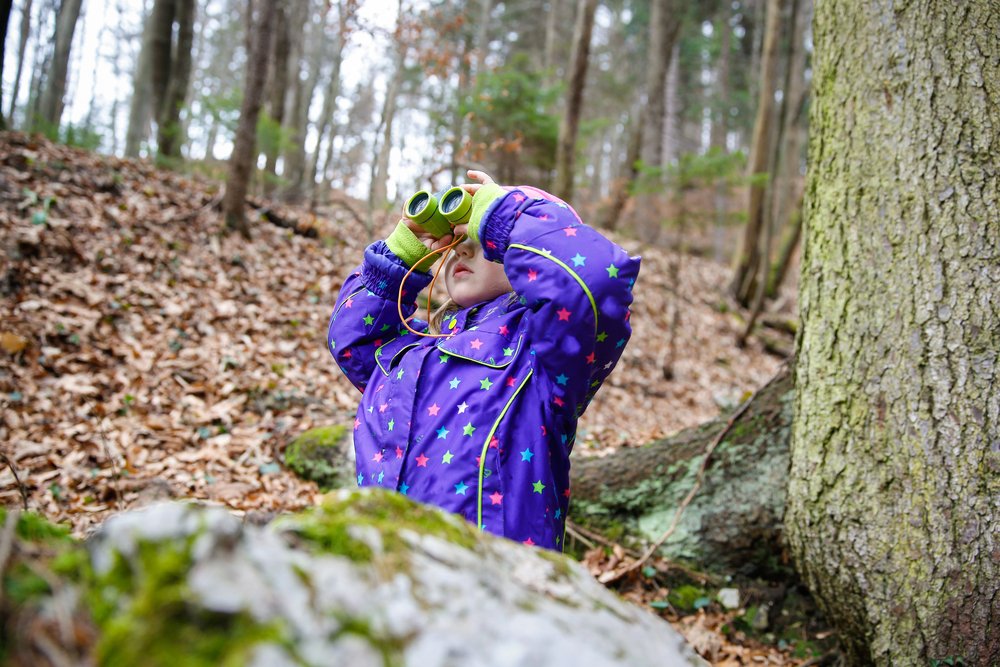
Key points: Outdoor environments provide children with space and opportunities to engage in free play, develop their self-identity and independence,…
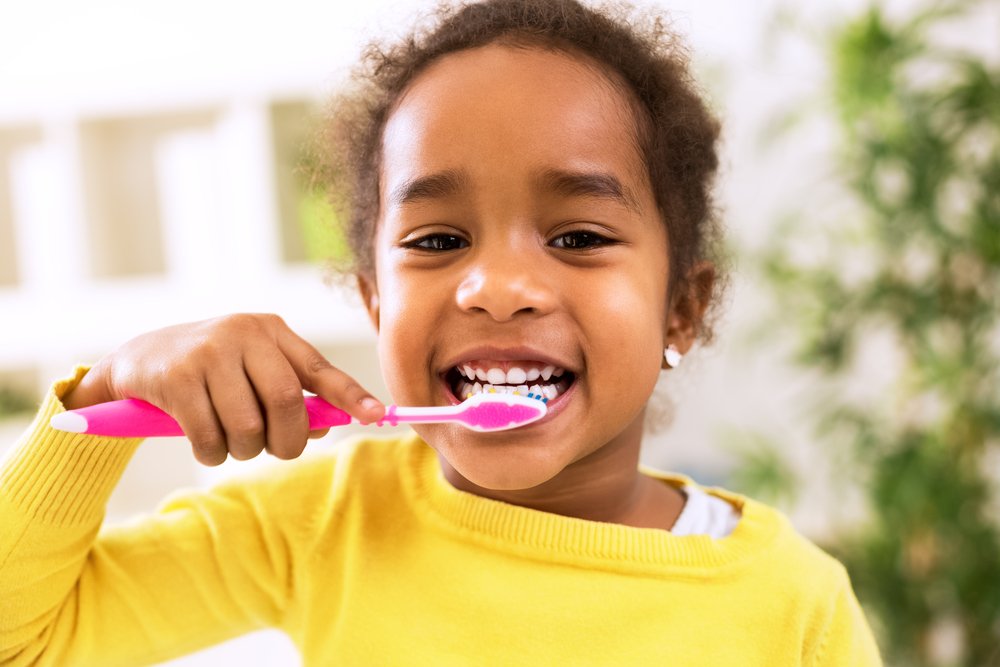
Key points: Children around the age of four develop increased control over their fine motor skills, including hand coordination and…
Subscribe to our newsletter and join Kinedu’s community